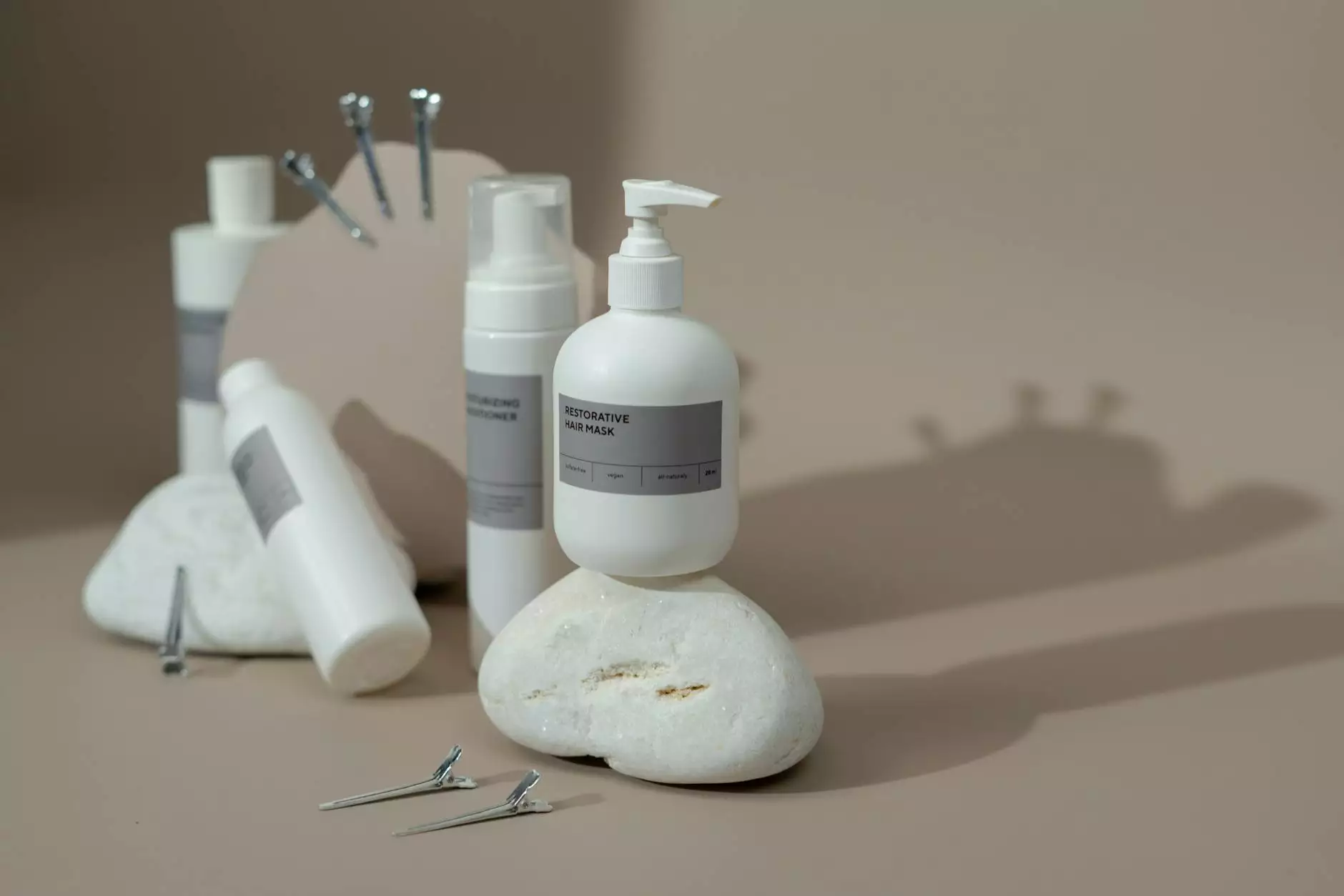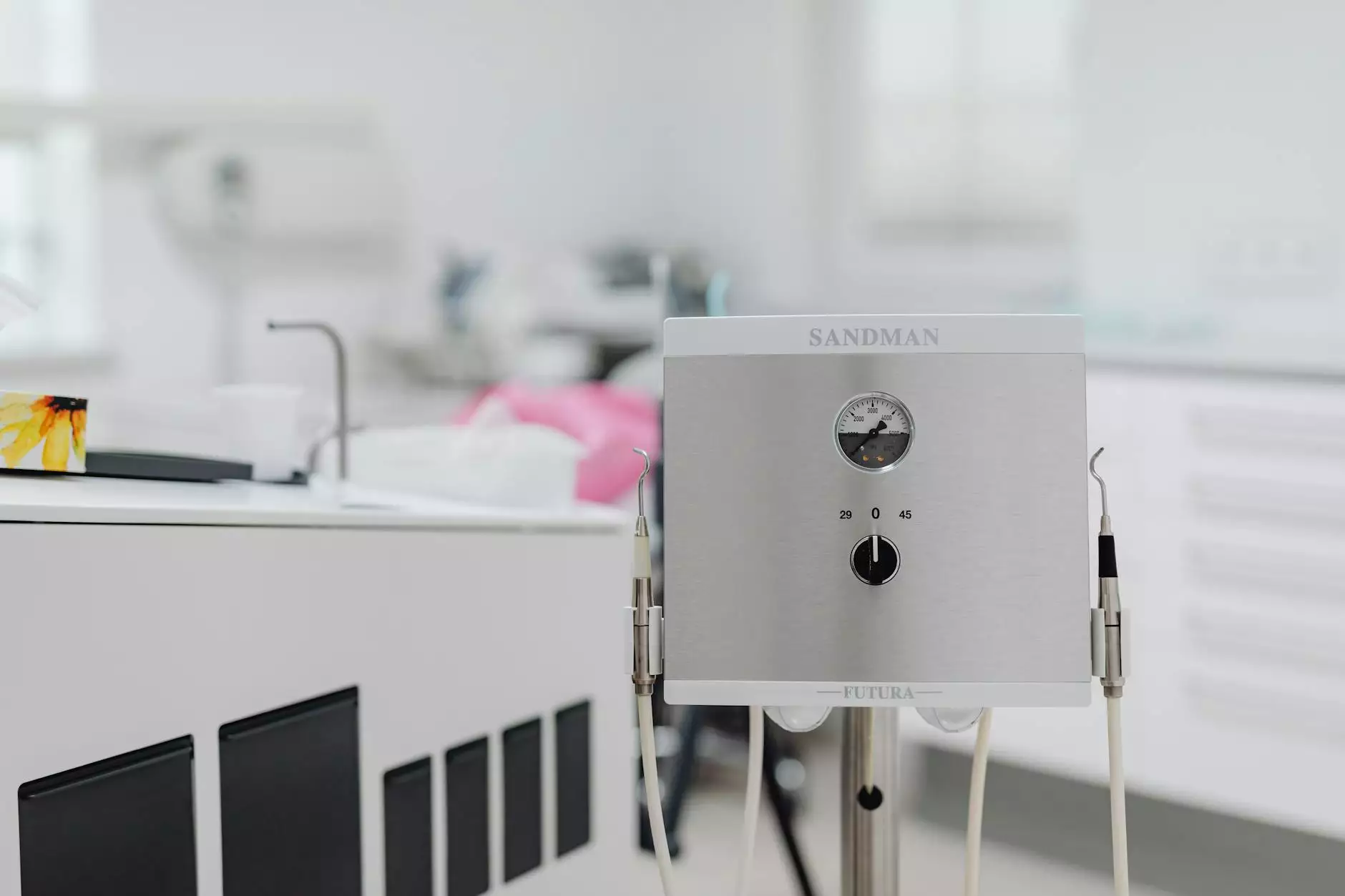Understanding the Benefits of Nebulizers for Horses

Nebulizers play a crucial role in equine healthcare, especially for horses experiencing respiratory issues. In this detailed article, we’ll explore the intricacies of nebulizers, how they work, and their benefits to horses. Understanding these aspects is vital for horse owners, trainers, and veterinarians alike, as proper respiratory care can enhance the performance and well-being of these magnificent animals.
What is a Nebulizer?
A nebulizer is a medical device used to deliver medication directly to the lungs through a fine mist. It transforms liquid medication into an aerosol, which can be easily inhaled by the patient. For horses, this device is particularly beneficial as it allows for targeted treatment of respiratory conditions without the need for invasive procedures.
Why Use a Nebulizer for Horses?
The respiratory system of horses is quite unique and susceptible to various ailments. Using a nebulizer specifically benefits horses with conditions such as:
- Chronic Obstructive Pulmonary Disease (COPD): Also known as heaves, this condition causes inflammation and narrowing of the airways, making it difficult for the horse to breathe.
- Allergic Reactions: Horses often suffer from allergies due to environmental factors, leading to respiratory distress.
- Infections: Bacterial or viral infections of the lungs can be effectively treated using nebulizers, ensuring medication is delivered precisely where needed.
- Exercise-Induced Pulmonary Hemorrhage (EIPH): A common problem in racehorses that can lead to severe health complications.
How Do Nebulizers Work?
The functioning of a nebulizer is quite simple yet highly efficient. It works by:
- Medication Preparation: The veterinarian prescribes a specific medication in liquid form.
- Device Setup: The medication is placed in the nebulizer chamber, and the device is powered on.
- Inhalation: The horse breathes in the aerosolized medication through a mask or mouthpiece, allowing the Active Ingredient to act directly on the lungs.
Choosing the Right Medication for Nebulization
Not all medications are suitable for nebulization. It is essential to consult with a veterinarian who can recommend appropriate drugs. Some common medications used in nebulization for horses include:
- Bronchodilators: These help relax the muscles in the airways and make breathing easier.
- Corticosteroids: These reduce inflammation in the lungs, providing relief from chronic conditions.
- Antibiotics: These are crucial if a bacterial infection is diagnosed, ensuring swift treatment of lung infections.
- Expectorants: These help in loosening mucus, making it easier for the horse to cough it up and clear the airways.
The Advantages of Using a Nebulizer for Horses
Using a nebulizer for horses comes with a plethora of advantages:
- Targeted Treatment: Direct administration of medication to the lungs allows for faster results and improved effectiveness.
- Minimized Side Effects: Lower doses can be used as the medication acts directly at the site of need, reducing systemic side effects.
- Ease of Use: Once set up, nebulizers can often be used with minimal stress to the horse, making it an ideal choice for regular treatment.
- Enhanced Absorption: The fine mist produced ensures a higher rate of absorption than oral medications.
How to Utilize a Nebulizer for Horses
Proper usage of a nebulizer is crucial for its effectiveness. Here are the steps to follow:
- Consult a Veterinarian: Always start with expert advice to determine the need for nebulization and suitable medications.
- Prepare the Nebulizer: Ensure the equipment is clean and properly set up according to the manufacturer's instructions.
- Secure the Horse: It's important for the horse to be calm during the process. Restrain gently and keep the environment quiet.
- Administer Treatment: Allow the horse to inhale the medication through the nebulizer mask or tube until the medication is fully aerosolized.
- Promote Relaxation: Use soothing techniques to help the horse stay calm during the treatment.
- Clean the Equipment: After use, thoroughly clean the nebulizer parts to ensure they remain free of medication residue and bacteria.
Common Nebulization Mistakes to Avoid
While nebulization can be highly effective, some common mistakes may hinder the treatment:
- Using Incorrect Medication: Always use only veterinarian-approved medications to avoid complications.
- Poor Device Maintenance: Failing to clean the nebulizer can lead to bacterial contamination.
- Not Monitoring the Horse: Always keep an eye on your horse during treatment for any signs of distress or adverse reactions.
- Ignoring Environment: Ensure the area is calm, quiet, and devoid of distractions to facilitate effective treatment.
The Role of Nebulizers in an Equine Pharmacy
An Equine Pharmacy like tacomavetmedication.com plays a pivotal role in providing access to the medications required for nebulization. Here’s how:
- Wide Range of Products: They offer nebulizer medications, equipment, and accessories specifically suited for horses.
- Expert Guidance: Vets at equine pharmacies can provide invaluable advice on which products to use based on individual horse health needs.
- Quality Assurance: Reputable pharmacies ensure that all medications meet safety and effectiveness standards.
Conclusion: Enhancing Equine Health with Nebulization
In conclusion, understanding the use and benefits of nebulizers for horses is vital for every horse owner and caregiver. These devices offer targeted, effective, and less invasive methods to treat respiratory issues, ensuring that our equine companions receive the best care possible. With the right knowledge, expert advice, and quality products available at places like tacomavetmedication.com, you can support your horse's health effectively and thoughtfully.
Equine health should always be a priority, and nebulization represents a significant advancement in ensuring the well-being of horses. By utilizing this technology, owners can take proactive steps in managing their horse's respiratory health, leading to happier, healthier, and more active equine companions.
nebulizer horse








